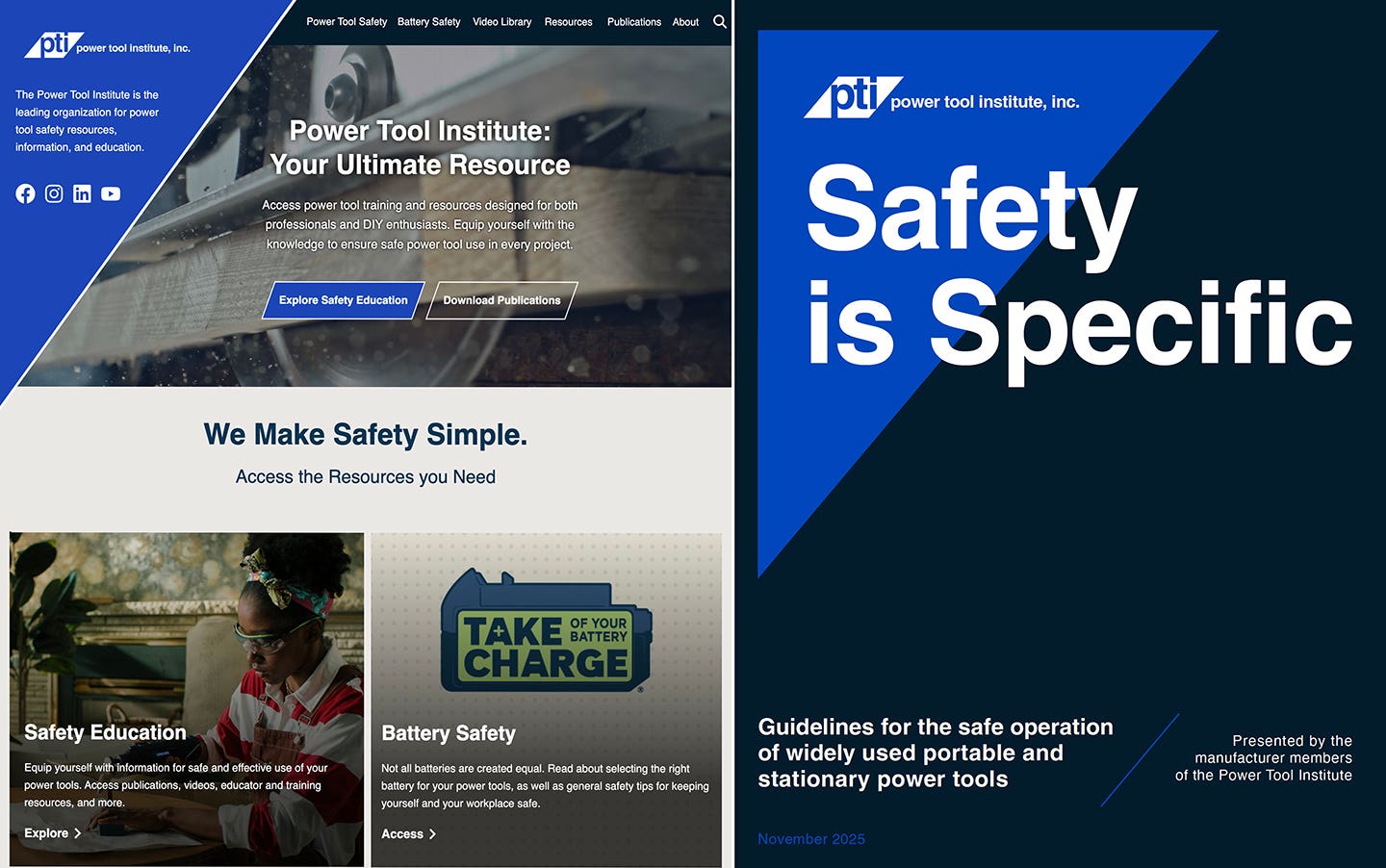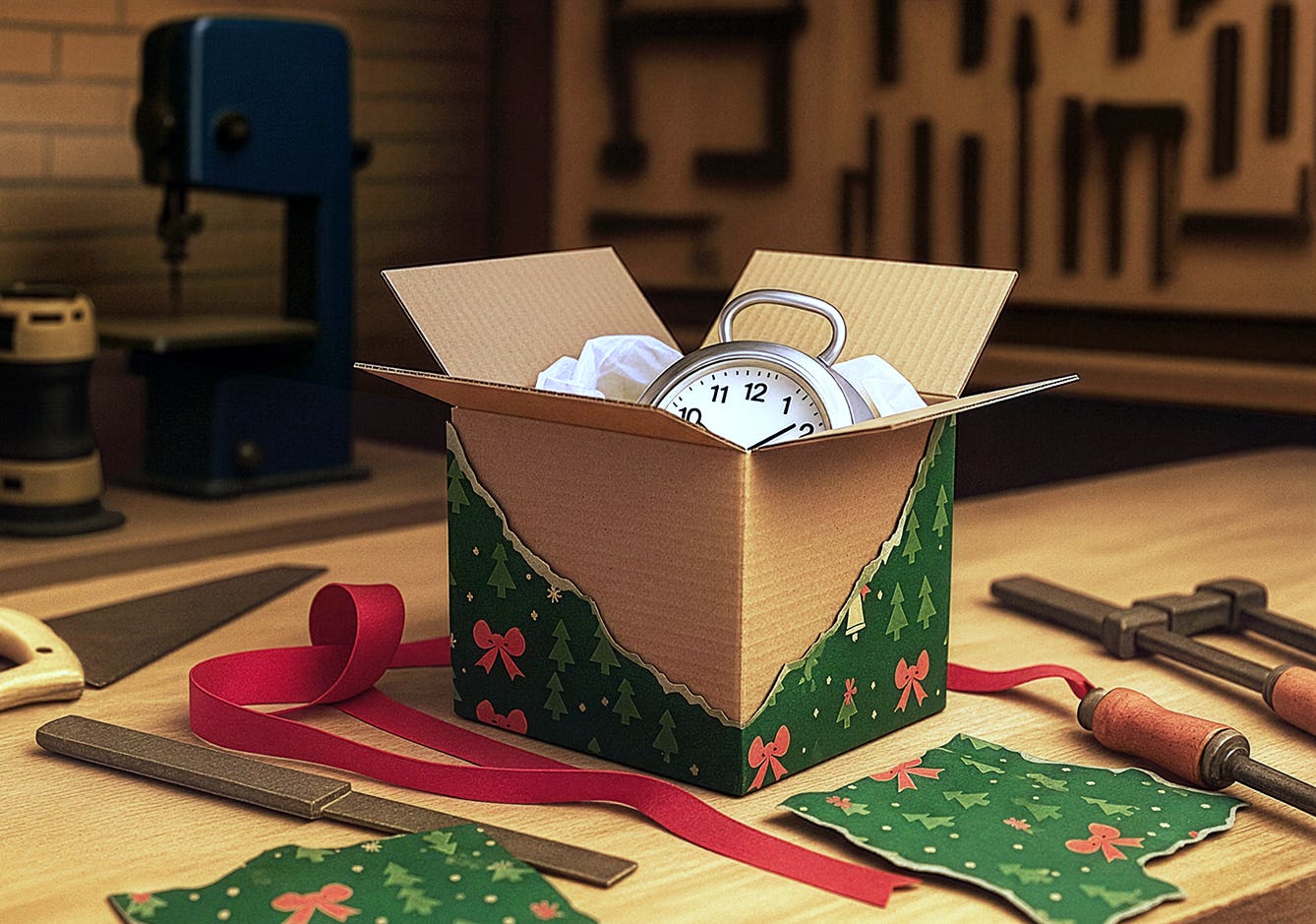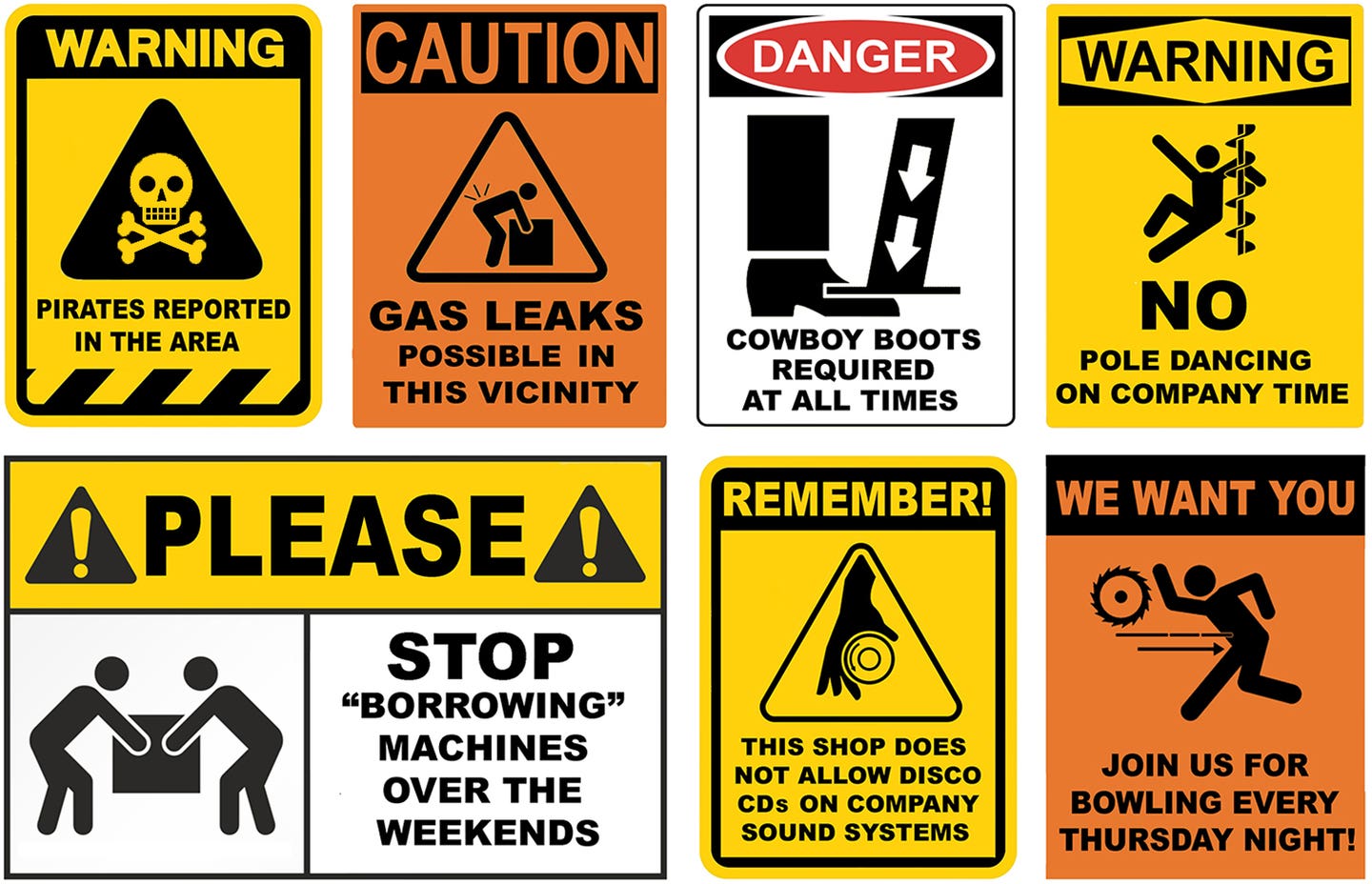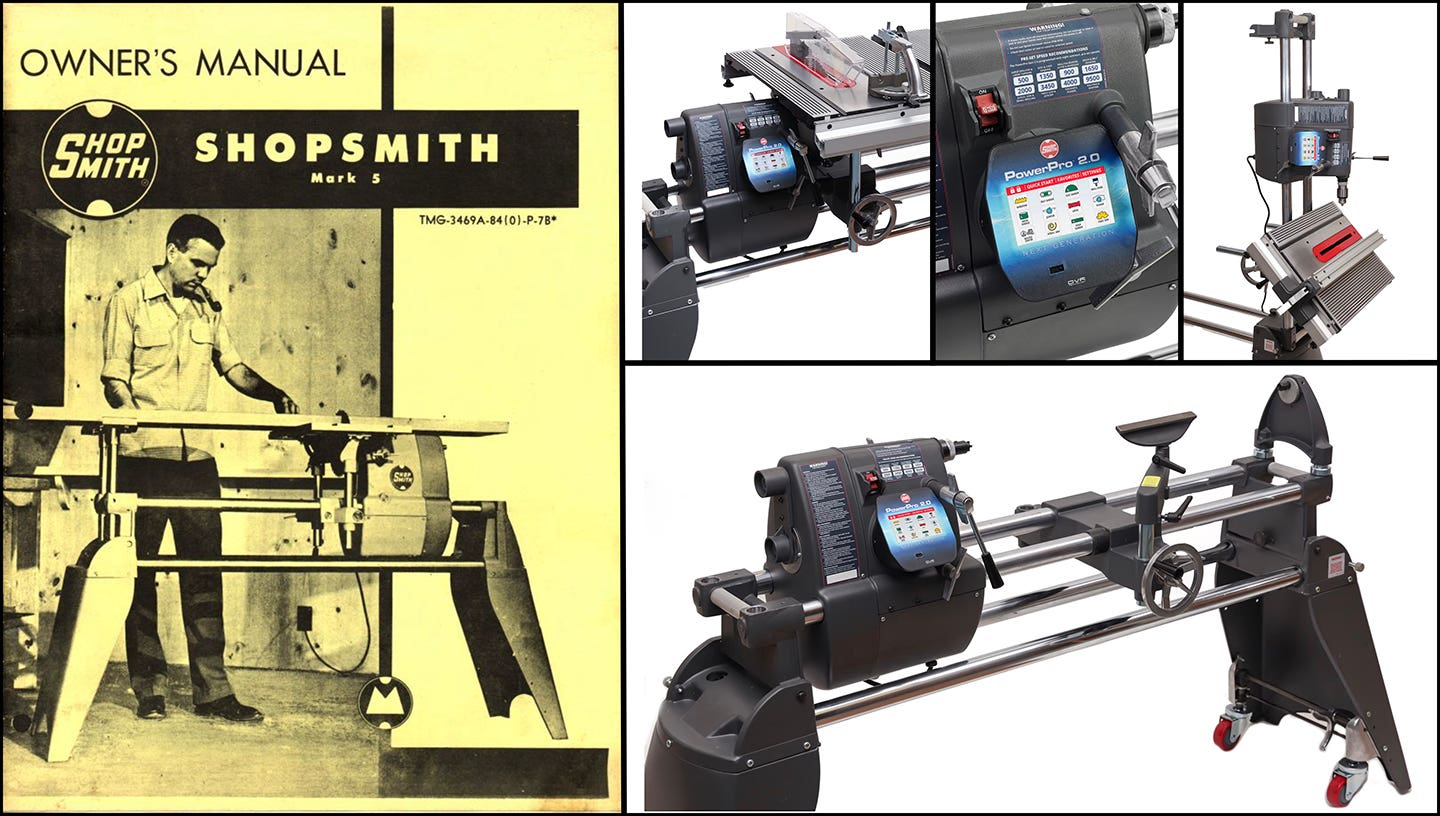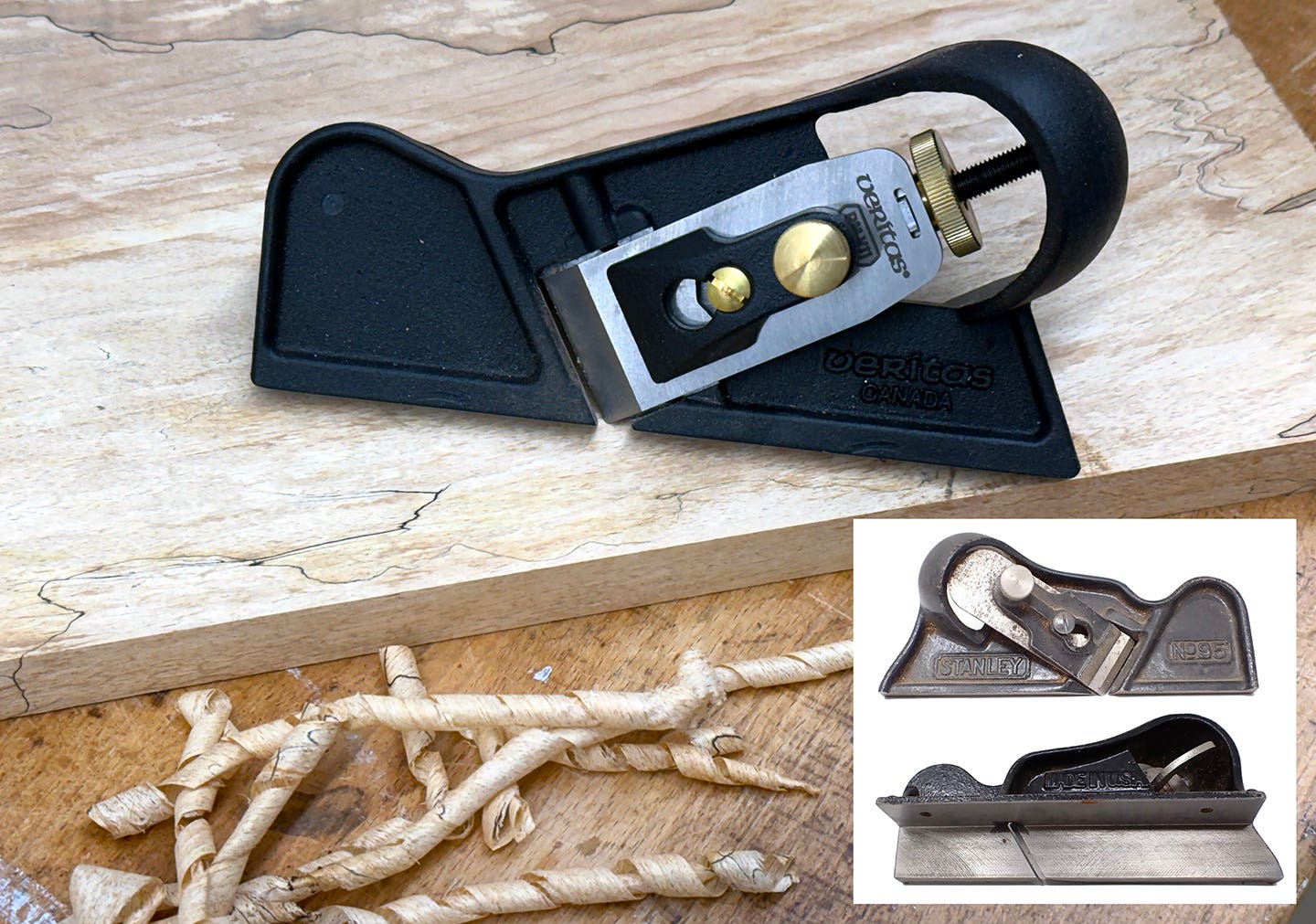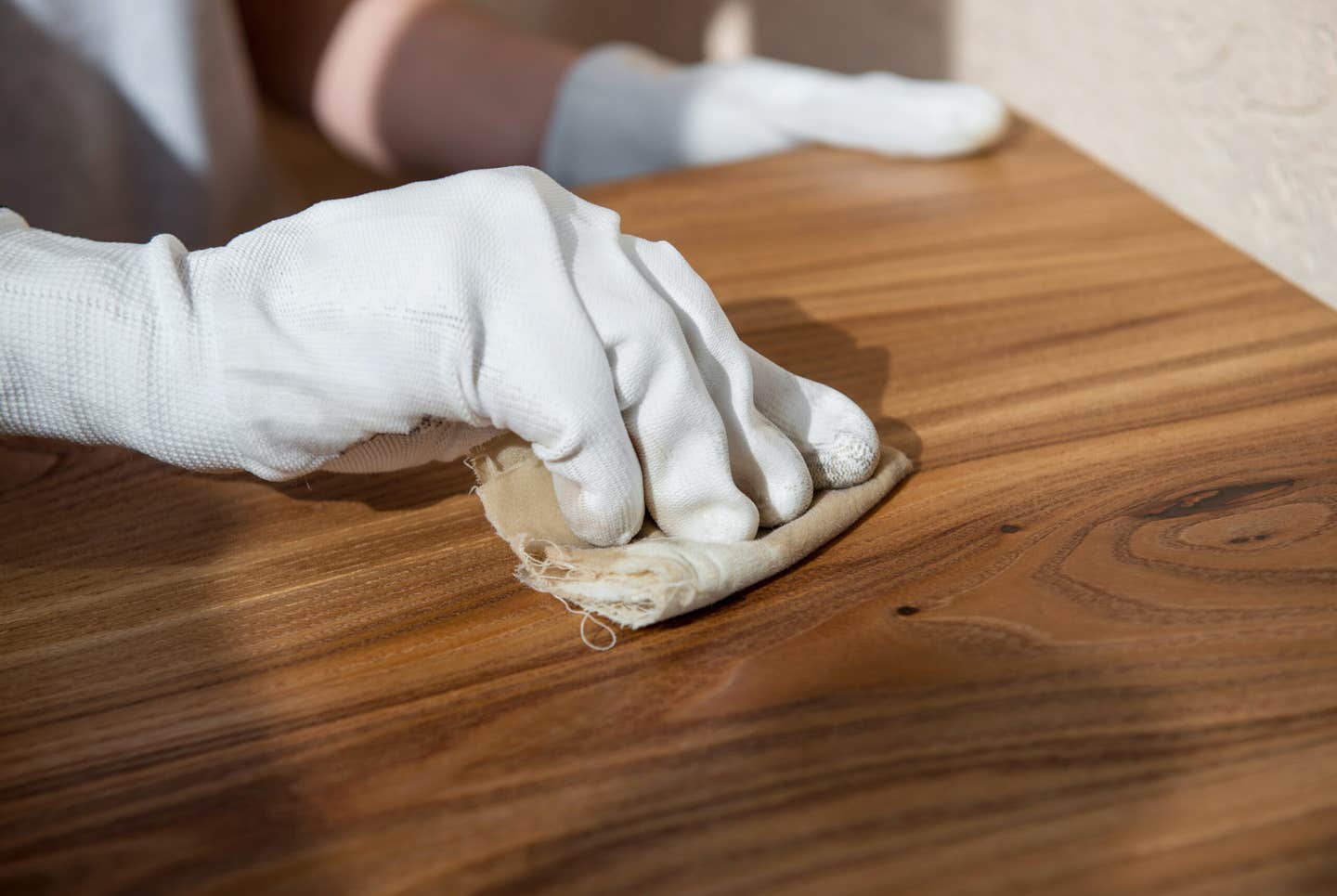How do you do business?
There was a discussion recently on one of the woodworking forums centering around an old Stanley smoothing plane for sale on an un-named but well known online auction site. There…
There was a discussion recently on one of the woodworking forums centering around an old Stanley smoothing plane for sale on an un-named but well known online auction site. There were several pictures, a very "uninformed" description in which it was referred to as a "small plane" and a starting bid of $25. The discussion was mostly the result of one of the forum members contacting the seller to inform her that what she had was a valuable collectable worth at least $1,200 and as much as $3,000 in "mint" condition.
What was surprising was how heated this discussion became. Many of the participants took the position that if the seller lacked sufficient knowledge of what she was selling and got taken, that was her tough luck.
In several of the replies, the guy who sent her the email was castigated for "messing up a good thing" (my words). On the other side were those who felt that it was mean-spirited to take advantage of someone in this manner and that the e-mailer had done the right thing.
This has really got me thinking about the way we do business these days. It would seem that "let the buyer beware" is no longer simply an axiom of purveyors but has become the prevailing and underlying principal of business. Deceptive advertising, fine print, disclaimers spoken so fast that no one could possibly absorb what is being said these are widely accepted practices.
I have noticed more and more that many of my customers (especially the newer ones) seem to presume that this is "how business is done" and that they will have to "read between the lines" to find the hidden "traps". Most of them seem surprised to find that my proposals are written in plain English and spell out not only what is expected of them but what they can expect from me.
But after they sign the proposal, I tell them that if they dip it in lemon juice, they can see what it really says ...
D.D.
David DeCristoforo possesses an extensive resume as designer/maker of fine furniture, high-end cabinetry and architectural woodwork. His experience in professional woodworking spans a period of 35 years. For the past 20 years David DeCristoforo Design has been located in Woodland, California. During this time David's shop has ranged in scope from a "full on" cabinet production shop with as many as 15 employees to a small fine furniture and custom millwork shop, working with his son, David RBJ, a highly skilled maker in his own right.


